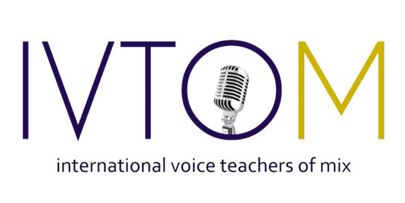YOUR STUDENT AND GETTING OFF THE STAGE
Weekly Teaching Tip – Jan. 18, 2016
by Agata Pisko
One of the difficult situations any singer has to face is the moment they are getting off the stage right after their performance. The more experienced we get, the easier it is for us to keep mental balance in this situation. However, for somebody who has just begun to sing and perform, this moment may feel like a total disaster.
What can we do as their teacher to make this very moment as pleasant and motivating as possible for them?
First of all, make sure your student is ready for the situation. Sometimes it is better to wait instead of doing something too soon. Yes, I have had such situations of sending them too soon on stage, and some decided not to sing afterwards at all. I still feel sorry about it.
Secondly, make sure you find a right venue and invite supportive audience. There are certain people I would call ‘vocal police’ – you can get to know them at any type of vocal TV shows… I would avoid such people then and not invite them to the show of your very beginning students. Great crowd can be made with the family members, friends, other beginning students, enthusiastic friends who love what you do and love vocal concerts of any kind!
Thirdly, I would prepare your student and tell them that if they decide to go on stage, they decide to hear positive but also negative comments afterwards. There will be people who are going to love them but also people who will not be that enthusiastic. Tell them, that they can learn from both groups a lot and they should take a note of not only of what the people say but also who the people are. Such comments may influence and sharpen the style of your vocalists afterwards.
Fourthly, they have to prepare a recording device (I have an iPhone!) and record their performance for themselves to listen to it as soon as they need to. I suggest they should listen to it right afterwards, on the next day and a week later. And compare their opinion.
I also encourage my students to ask two or three people before to carefully listen to their performance. The people should be somebody they trust, they may be their music/voice teachers (myself!), their colleagues, somebody who cares about similar things while singing and performing and uses similar language. Your student should be able to ask them immediately for a comment after they go off stage, they also should be able to have a longer conversation with them on the next day or so. This way their performance can be a good learning experience.
I believe singing on stage is fun and your beginning students have the right to experience it as well – these few ideas may help!
Keep singing!

